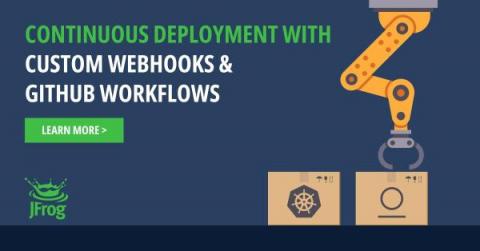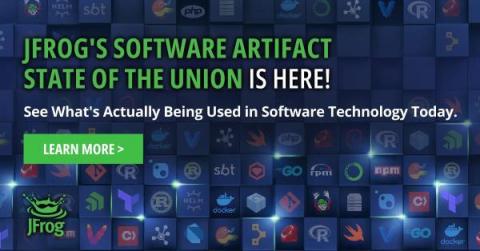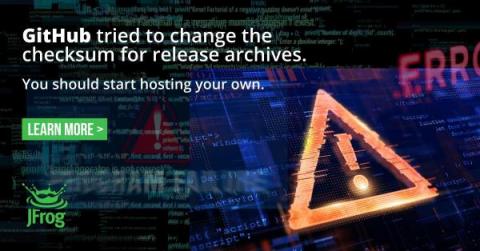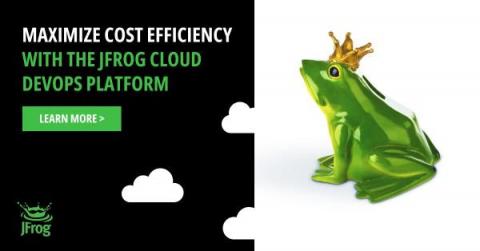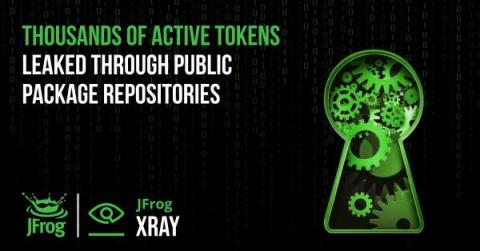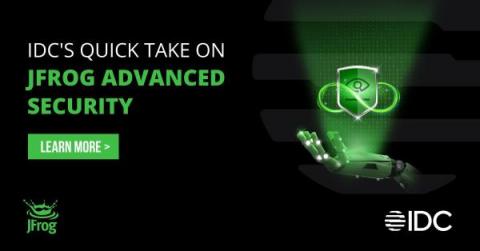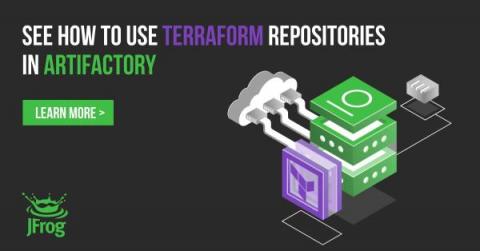Automate Your Deployments on Kubernetes Using GitHub Workflows and JFrog Artifactory Custom Webhooks
Full automation makes your Continuous Deployment (CD) faster, seamless and less error prone. For example, triggering the deployment of your Helm Chart when a Docker image is pushed to production. The latest JFrog Artifactory release makes this easy! With a new Custom Webhook feature that enables a direct integration with a variety of services such as Gitlab Pipelines, Jenkins and GitHub Actions.


